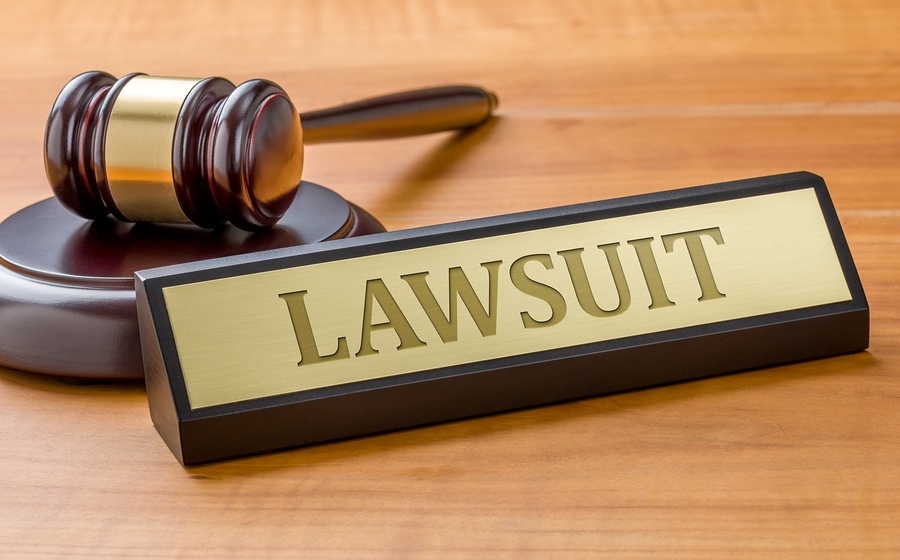Many individuals struggle to make their student loan payments, and for those borrowers facing six figures in student loan debt, that one monthly payment can be an overwhelming burden.
However, what happens when a borrower is facing over a million dollars in student loan debt?
For one orthodontist featured in a recent Wall Street Journal article, this was his reality. He owed $1,060,945.42 in student loans, with the interest accruing at a rate of $130 daily, which also comes to $3,900 monthly or $46,800 annually.
His income in 2017 was $225,000, and he is paying his student loans back under a federal government income-based repayment (IBR) program. It can seem hardly fathomable that a man of his income level would qualify for such a program. His monthly student loan payment is $1,600. At this rate, he is not making much of a dent on the interest accruing, and it is likely he will stay on his IBR program for the 25-year period allowed. However, after that time, even though he has made barely a dent in the total balance, his student loans will be forgiven with the negative income tax consequences following, of course.
Only 101 of approximately 41 million student loan borrowers owe that much in student loan debt, but for certain career fields, like medical or law, these debts can quickly add up to $500,000 easily.
The average law student debt varies depending on the school location and any discounts offered in the tuition for the student. However, taking the tuition, costs, and living expenses into account, a law student can come out with $200,000 plus in student loan debt. The law graduate’s dream is to land that high paying firm job, but most end up starting at a salary between $40,000 and $65,000. It is easy to see how someone can become stuck on an income-based program by paying the minimum monthly on a relatively small salary compared to what is owed.
Click here to read more on this story.
For borrowers who are struggling with student loan debt, relief options are available. Many student loan borrowers are unaware that they have rights and repayment options available to them, such as postponement of loan payments, reduction of payments or even a complete discharge of the debt. There are ways to file for bankruptcy with student loan debt. It is important you contact an experienced Miami bankruptcy attorney who can advise you of all your options. As an experienced CPA as well as a proven bankruptcy lawyer, Timothy Kingcade knows how to help clients take full advantage of the bankruptcy laws to protect their assets and get successful results. Since 1996 Kingcade Garcia McMaken has been helping people from all walks of life build a better tomorrow. Our attorneys help thousands of people every year take advantage of their rights under bankruptcy protection to restart, rebuild and recover. The day you hire our firm, we will contact your creditors to stop the harassment. You can also find useful consumer information on the Kingcade Garcia McMaken website at www.miamibankruptcy.com.


